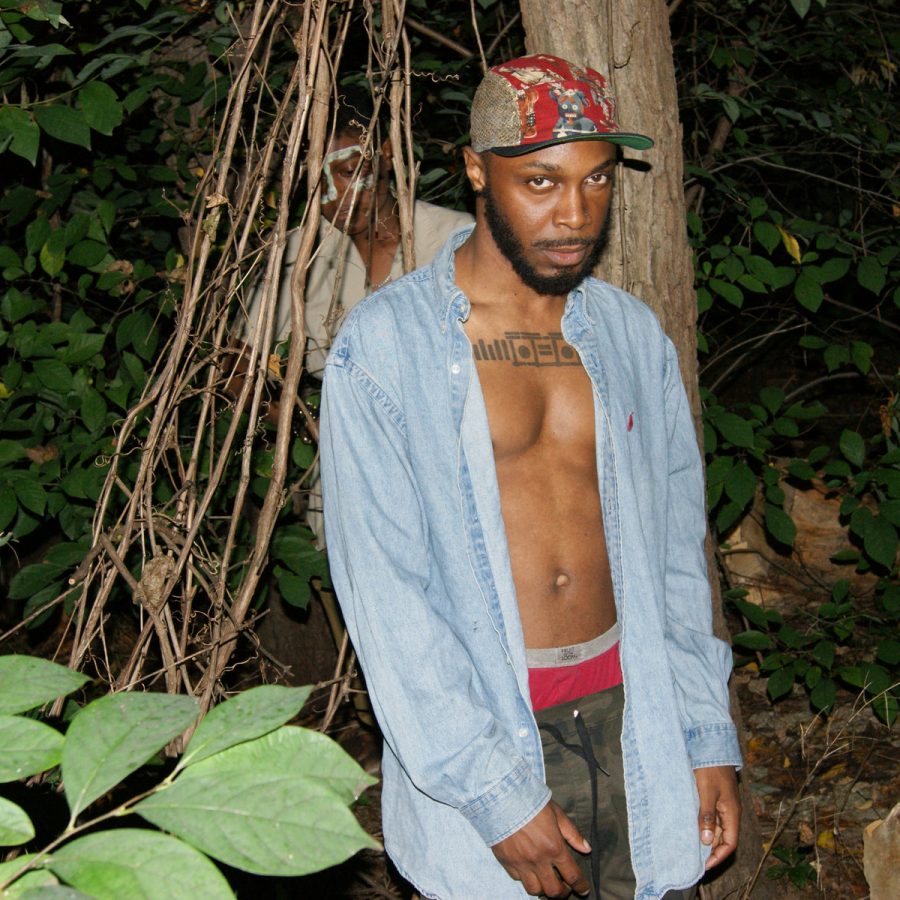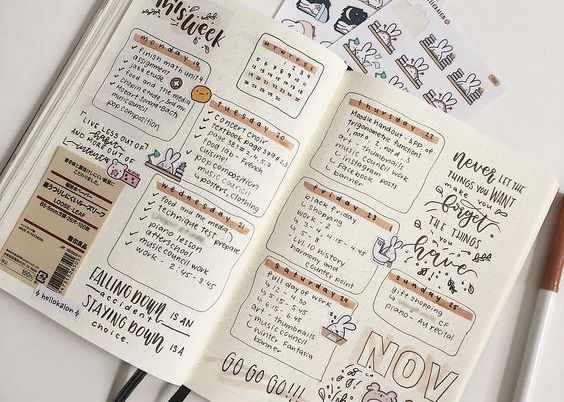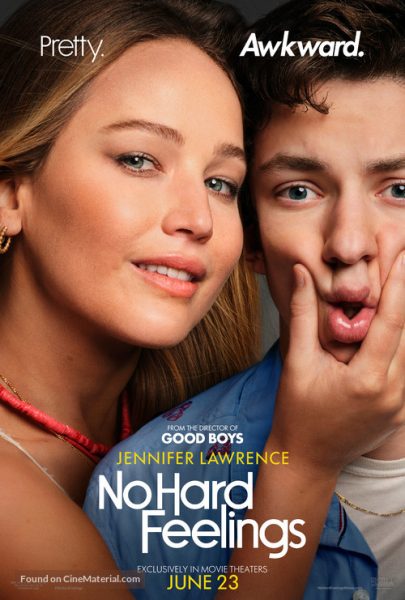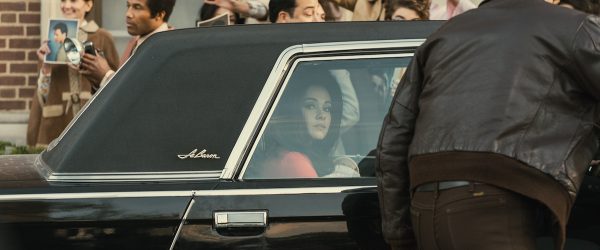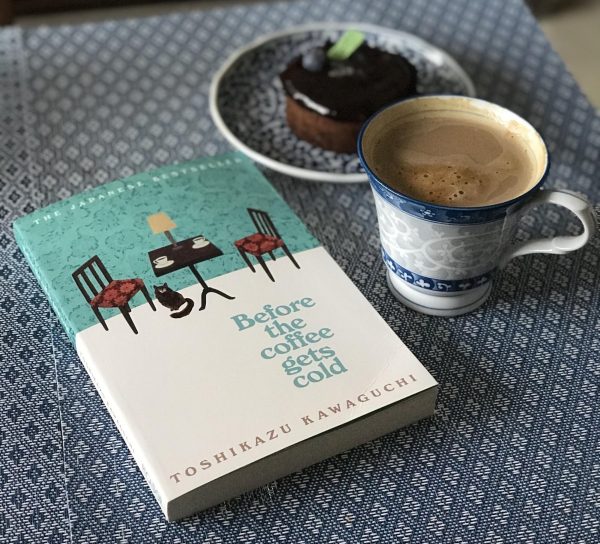communist_slow_jams.jpg
It is almost the 5 year anniversary of JPEGMAFIA releasing his seminal work the “Communist Slow Jams” mixtape. This mixtape explores a raw side of JPEG’s music, laid over exciting and sometimes even “chipper” beats. This dichotomy between dark lyrics and light and fluffy electronic beats has become more popular, but it started first with JPEG being willing to stylistically take a risk.
He touches on themes of black nationalism, poverty and art, violence, and police brutality over rhythms that could have been mixed by Cyndi Lauper. This dialectic may well have inspired the name of the mixtape, “Communist Slow Jams” because they are tracks that move slowly with their revolutionary content, a certain type of aesthetic insidiousness, not so much in the political sense, but rather, revolutionary for the genre of rap with electronic and pop-like influences.
He takes on gentrification, in I’ll Never Forgive Hipsters For What They Did To Brooklyn and Once They Build a Starbucks It’s Ova, with a great deal of comic seriousness. JPEG utilizes a great deal of irony in this song, in his critique of hipsters, who, by gentrifying, actively co-opt the hardship that once defined the community, push people out of their homes, and leech off of the culture that once was all people had.
This vibrant narrative is a brilliant example of dialectical storytelling, which is unique to rap in a way that is not seen in any other genres. JPEGMAFIA is a unique artist, specifically because of irony. Most song titles begin with phrases geared for max shock value, which occurs frequently in the online world, especially Twitter. But then, as the shock draws people in, the narrative softens the listener to the once-offensive position. This is a trailblazing creative strategy, and to think that it came 5 years ago is incredible.
In Once They Build a Starbucks It’s Ova, the vocal stylings stand out from the rest of the album. It almost sounds like spoken word poetry. There is no beat, only JPEG’s voice, and this makes the track conspicuous. The listener is prompted, not by command, but by instinct, to listen closer to the words and wordplay. This strategic “ear-catching” is exceptional and really makes the album special to me.
I was only 12 years old when this album came out. I didn’t listen to it until roughly 6 months ago. And yet the meaning in all of the songs holds up. A mixtape released before I had social media still holds true to this day. I am not sure whether this is indicative of our failure to progress as society or the visionary nature of this mixtape. Probably both. This mixtape is still a worthwhile listen 5 years later by having a “fun” earfeel, with a wonderfully smooth sound and a timeless pessimism. I give this album a 9/10, just because there were a few tracks that I didn’t particularly care for, and this mixtape is shadowed by the incredible talent shown in his more recent work. I hope rap as a genre moves past the homogenous sound of current, and produces some more “Communist Slow Jams.” Granted my review, even favorable, is already addressed in “Communist Slow Jams” on the ninth track:
“But think real hard/think one minute/I’ve never heard a kid say they want to be a critic/see, that’s every hipster’s back up plan/when they fail at everything else…”
Listen to the album for free on Bandcamp by clicking here

Hello! My name is Joey Schafer. I am a columnist, reporter, and law blogger, and I am also Content Manager. This is my third year on the Storm Alert Staff!
Follow...



